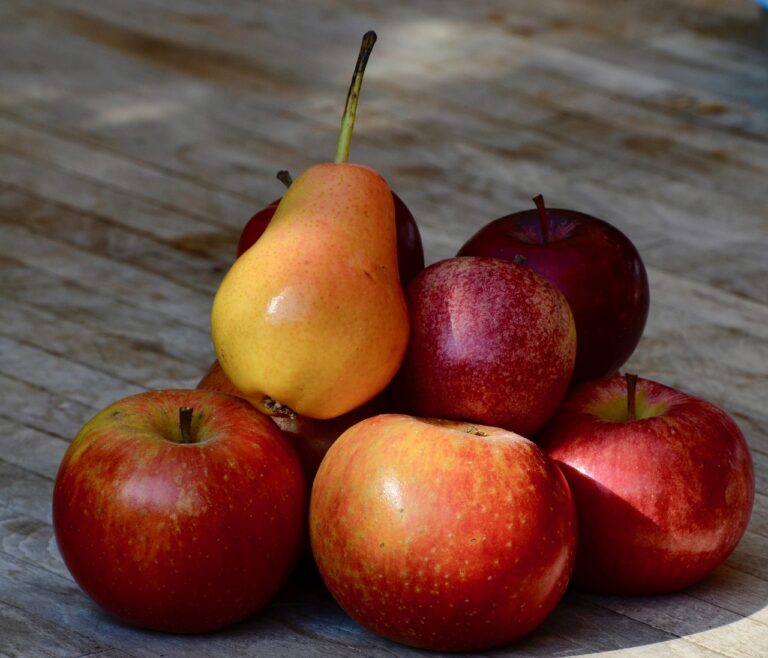Promoting Sustainable Food Choices in Urban Environments: Laser247 com login id and password, Lotus 365.vip, Sky 247 login
laser247 com login id and password, lotus 365.vip, sky 247 login: Living in urban environments can pose challenges when it comes to making sustainable food choices. With limited access to fresh produce, busy lifestyles, and an abundance of fast food options, it can be easy to fall into unhealthy eating habits. However, there are ways to promote sustainable food choices in urban areas and make a positive impact on both our health and the environment.
Supporting local farmers markets
One of the best ways to promote sustainable food choices in urban environments is to support local farmers markets. These markets offer a wide variety of fresh, seasonal produce that is often grown using sustainable farming practices. By purchasing fruits and vegetables from local farmers, you can reduce the carbon footprint associated with transporting food long distances and support the local economy.
Cooking at home
Cooking at home is another great way to make sustainable food choices in urban environments. By preparing your meals from scratch, you can control the ingredients that go into your food and reduce waste from packaging and takeout containers. Additionally, cooking at home can be a more cost-effective option than eating out, making it a win-win for both your wallet and the environment.
Choosing plant-based options
Opting for plant-based food options can also help promote sustainability in urban environments. Plant-based diets have been shown to have a lower environmental impact than diets high in animal products, as they require fewer resources such as water and land to produce. By incorporating more fruits, vegetables, legumes, and whole grains into your diet, you can help reduce your carbon footprint and support a more sustainable food system.
Avoiding single-use plastics
Another important aspect of promoting sustainable food choices in urban environments is to reduce consumption of single-use plastics. This includes items such as plastic bags, utensils, and straws, which contribute to plastic pollution in our oceans and waterways. By bringing your reusable bags, containers, and utensils when shopping or dining out, you can help reduce waste and protect the environment.
Supporting sustainable food businesses
Supporting businesses that prioritize sustainability is key to promoting sustainable food choices in urban environments. Look for restaurants and food establishments that source their ingredients locally, use organic and fair-trade products, and minimize food waste. By patronizing these businesses, you can vote with your dollars and support a more sustainable food system.
Growing your own food
For those with access to outdoor space, growing your own food can be a rewarding way to promote sustainability in urban environments. Whether you have a backyard, balcony, or community garden plot, growing your own fruits, vegetables, and herbs can help reduce your reliance on store-bought produce and connect you to the food you eat. Plus, gardening is a great way to get outdoors, reduce stress, and improve your mental and physical well-being.
In conclusion, promoting sustainable food choices in urban environments is essential for our health and the health of the planet. By supporting local farmers markets, cooking at home, choosing plant-based options, avoiding single-use plastics, supporting sustainable food businesses, and growing your own food, you can make a positive impact on your community and the environment. Together, we can create a more sustainable food system and build a healthier future for generations to come.
**FAQs**
1. Why are sustainable food choices important in urban environments?
Sustainable food choices are important in urban environments because they help reduce our carbon footprint, support local farmers and businesses, and promote a healthier lifestyle for ourselves and the planet. By making conscious decisions about the food we eat, we can help create a more sustainable food system that benefits both people and the environment.
2. How can I find local farmers markets in my area?
To find local farmers markets in your area, you can search online, check local newspapers or community boards, and ask friends or neighbors for recommendations. Many cities also have websites or apps that provide information about farmers markets, including locations, hours of operation, and vendors.
3. What are some easy plant-based meal options for beginners?
Some easy plant-based meal options for beginners include veggie stir-fries, bean and vegetable soups, lentil tacos, chickpea salad sandwiches, and avocado toast. These dishes are simple to prepare, delicious, and packed with nutrients to keep you feeling satisfied and energized.
4. How can I reduce food waste in my home?
To reduce food waste in your home, you can plan your meals in advance, store leftovers properly, use up ingredients before they spoil, and compost food scraps. By being mindful of how much food you buy and consume, you can help minimize waste and make a positive impact on the environment.
5. What are some ways to support sustainable food businesses in my area?
To support sustainable food businesses in your area, you can look for certifications such as organic, fair trade, and non-GMO labels, ask about their sourcing practices, and provide feedback on social media or review websites. By showing your support for businesses that prioritize sustainability, you can help drive positive change in the food industry.







